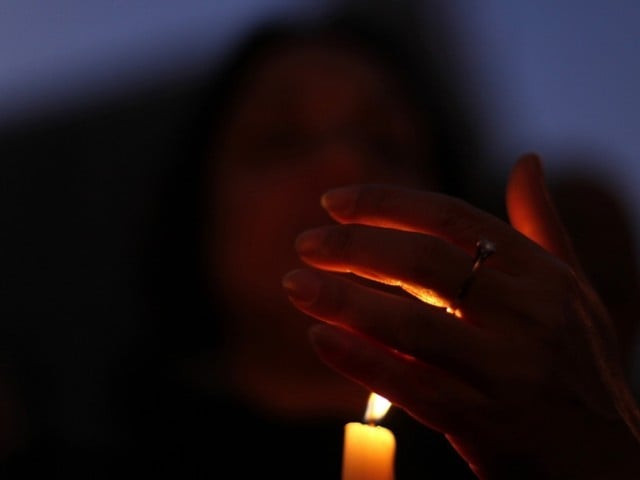There was no need to lose sleep over them.
This much was standard high school speech protocol, except that he learnt all of this on the first day back to school, which was directly preceded by the AirBlue crash. It’s hard, he figured, to worry about those sorts of things when people around you had lost family and friends.
That’s what tragedies can do to people.
Tragedies are sudden, messy and sticky, no matter how many times you tell yourself to move on. And yet, the funny thing about tragedies is how easy they are to forget if you aren’t directly affected by it. But before you accuse me of being heartless and apathetic, let me dilate.
This week would mark the one-year anniversary of both the AirBlue crash, the worst aviation accident in Pakistan’s history, and the 2010 flooding, the worst natural disaster in Pakistan’s history.
The crash killed 152, the floods 2,000. The crash led to an outpouring of grief, the floods, an outpouring of aid.
People needed to make sense of the crash, needed to find meaning in statistics and data. You had the story about the boy who had boarded the plane to propose to the girl living in Islamabad. You had the 18-year-old woman footballer who was going to play in a national tournament. You had the six Youth Parliament Pakistan members. People clung onto these bits and pieces of collected grief.
When the floods came, however, it was simply enough to know that a bridge had collapsed somewhere, or that a child wasn’t receiving his polio drops, to have people in unaffected cities like Karachi drop everything and drive in droves to the countryside in Sindh, to distribute water and help rebuild schools. Every charity event was focused on the floods, every TV ad talked about proceeds for the flood survivors. Where our grief couldn’t unite us, our actions did.
But all that was back in 2010. And this is why I say tragedies can be forgotten.
One year on and the floods and the crash are old history. You can’t even blame it on donor fatigue. One friend tried to sell t-shirts for flood survivors about six months afterwards. A buyer came up in a shopping mall and cluelessly asked,
“Has yet another flood happened?”
Even people’s responses to tragedies can take you by surprise.
One friend innocently exclaimed,
“You know how people keep talking about how Karachi is so big? It’s really not, almost everyone I know has lost someone on that flight.”
Fair enough, but ask her again about the floods, which affected nearly 20 million people, and she pulls a blank. You don’t lose people you know in floods; your chowidar does. After a while the volunteer hats and mosquito sprays are put away on the shelf, and you avoid all those links on foreign news channel websites, with yet more pictures about swamped fields and rubble. The best you could say is that at least the flood was an ongoing process, which required your immediate attention. The crash was only on your radar for what, a month? That’s it?
There’s talk about sport lifting countries out of tragedies: Japan’s tsunami was eased by the women’s world cup win, with some even saying that Spain’s depressed economic spirit was resurrected with the men’s world cup. We had the cricket World Cup, but all anyone could talk about was how this would be good for our ‘image’, about ‘terrorism’, about ‘bringing some happiness to our people’- that happiness naturally referring to how we were sick of violence.
But what about the flood survivors?
Are we so caught up in failed state theories, about conspiracy theories (naturally India’s supersonic laser beam melted the glaciers that led to flooding), about political enmity that we can’t even look at the people whose lives have been affected by reasons out of our control? Out of freak accidents and freak weather. There is no one to blame in these situations, no one to point fingers at, so we pay our respects for only a little while, and then forget. Easy as that.
But sometimes it is not that easy. When I was a little girl, my father bought me the book Charlie and the Chocolate Factory by Roald Dahl. Out of a personal idiosyncrasy, he wrote the date on the inside cover. That date was September 10, 2001. The book was bought at an airport duty shop, and my father was on the last flight connecting home before international airports went into total lockdown. Sometimes tragedies are remembered, as shockingly as on the inside of a beloved children’s book. And sometimes, like supplements no one reads in newspapers, or advertisements everyone skips on TV, tragedies are forgotten.



COMMENTS
Comments are moderated and generally will be posted if they are on-topic and not abusive.
For more information, please see our Comments FAQ